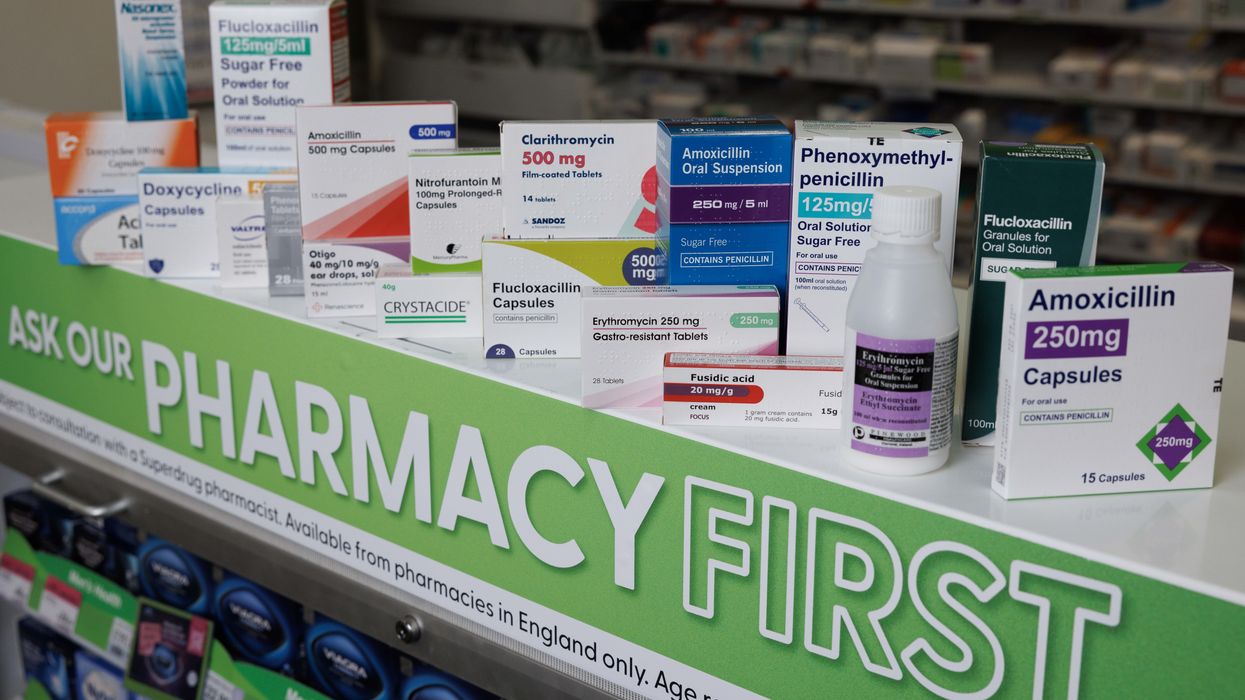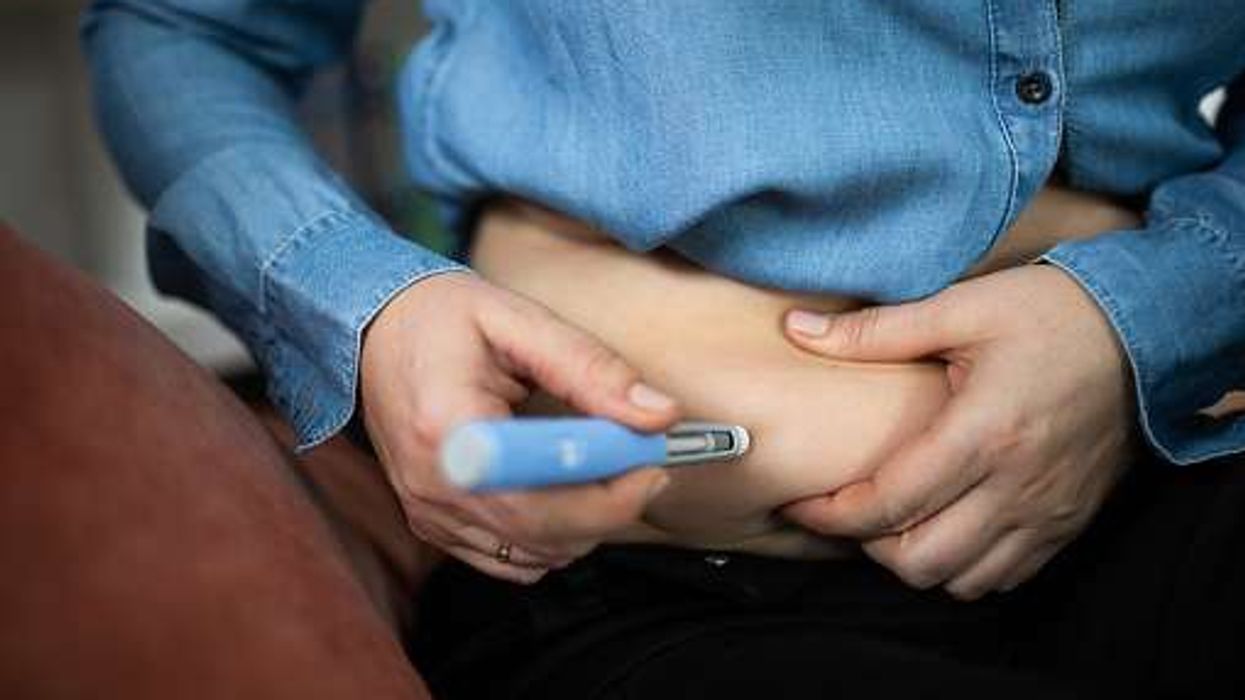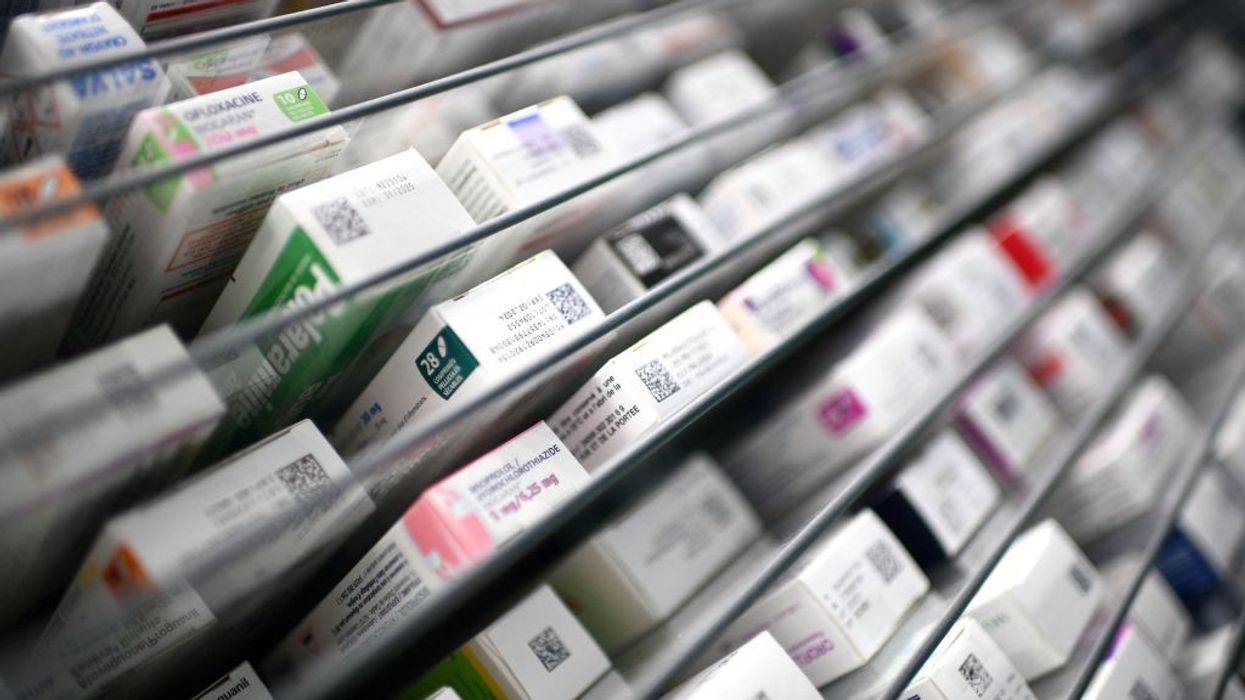Type 1 diabetes patients can monitor their glucose with the newly introduced flash glucose monitors by the NHS.
The wearable gadgets with the size of a £2 coin, have a sensor that easily sits on the arm, allowing patients to check their glucose levels with a one-second scan.
Eligible patients are currently able to access the monitors on prescription from their local GP or diabetes team, helping them to better manage their blood sugar levels.
Everyone living with type 1 diabetes will be eligible for lifechanging flash glucose monitors on the NHS. The NHS Long Term Plan has already helped almost three in five people with Type 1 diabetes to access the monitors that allow people to check their glucose levels more easily and regularly.
The change, confirmed today by the National Institute for Health and Care Excellence (NICE), means that everyone in England with the condition will be able to benefit from the convenient technology.
Monitors link to an easy to use app on your phone, where people can access the data gathered by the device. Unlike conventional monitors they allow patients to view patterns over time, not only showing current and previous glucose levels but also predicting what level they can rise to.
New research presented this week at the Diabetes UK Professional Conference 2022 revealed that flash monitoring not only helps to improve blood glucose levels in people with type 1 diabetes, but also has a positive effect on their quality of life.
The NHS Long Term Plan included a target to ensure 20 per cent of people with type 1 diabetes were benefiting from flash monitors by March 2021 and recent data shows the NHS significantly exceeded that goal, with nearly three fifths already accessing the technology.
The NHS is taking radical action to tackle and treat diabetes, including through the world leading NHS Diabetes Prevention Programme with new research showing thousands of people are being spared type 2 diabetes thanks to the scheme.
The NHS in England currently spends around £10 billion a year on diabetes – around 10 per cent of its entire budget. Tools like continuous glucose monitoring, which help patients better manage their condition and reduce associated illness and hospitalisations, can prove hugely cost effective.
National NHS Specialty Adviser for Diabetes, Professor Partha Kar, said: “This announcement is the biggest step forward for type 1 diabetes care in years, allowing everyone eligible to have one of these easy to use pieces of tech if they want to – building on the success of the NHS in its rollout so far. I am delighted to see NICE endorse the use of this technology.
“These monitors are a win win – they support diabetes patients to live healthier lives, reduce their risk of hospitalisation while also helping to reduce pressure on NHS services and provide better value for money for taxpayers”.
Olivia aged 25 from Essex, who was diagnosed with type 1 diabetes aged seven said: “Before I started using a flash glucose monitor, I carried my blood glucose testing kit with me everywhere and would have to test up to eight times per day – I was pricking my finger and testing my blood sugar before breakfast, before lunch, before dinner and before bed. Before driving in the car I would need to test, and after driving for two hours I would need to stop to test – endless testing!
“Growing up with diabetes, I’d never dreamed that a device like a flash glucose monitor, where you don’t need to finger prick to know what your levels are, would be developed in my lifetime – and when I first started using one, I couldn’t quite believe something so small had such an impact on managing my diabetes.
“Since using a flash monitor, I’ve seen a huge improvement as I can make informed decisions when taking my insulin by looking at trends. But, most importantly, it’s helped me have more confidence and improved my mental well-being”.











